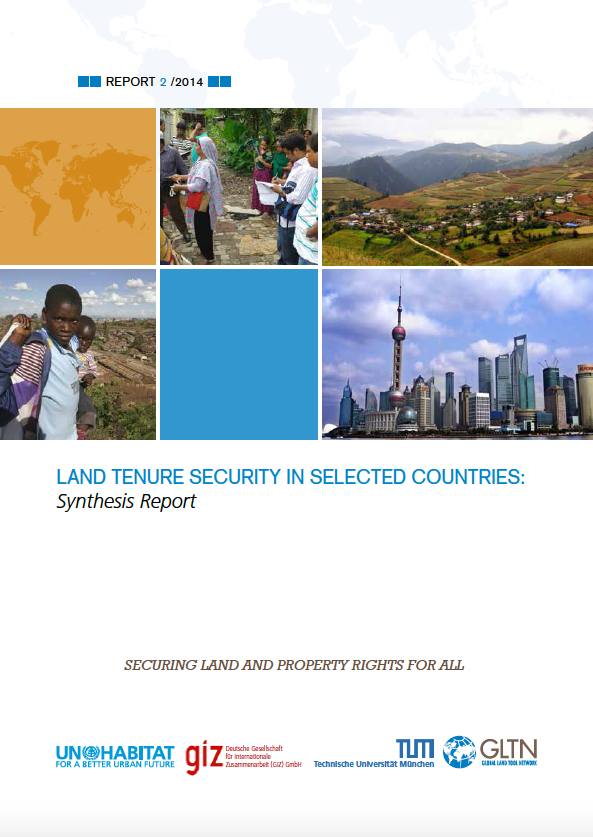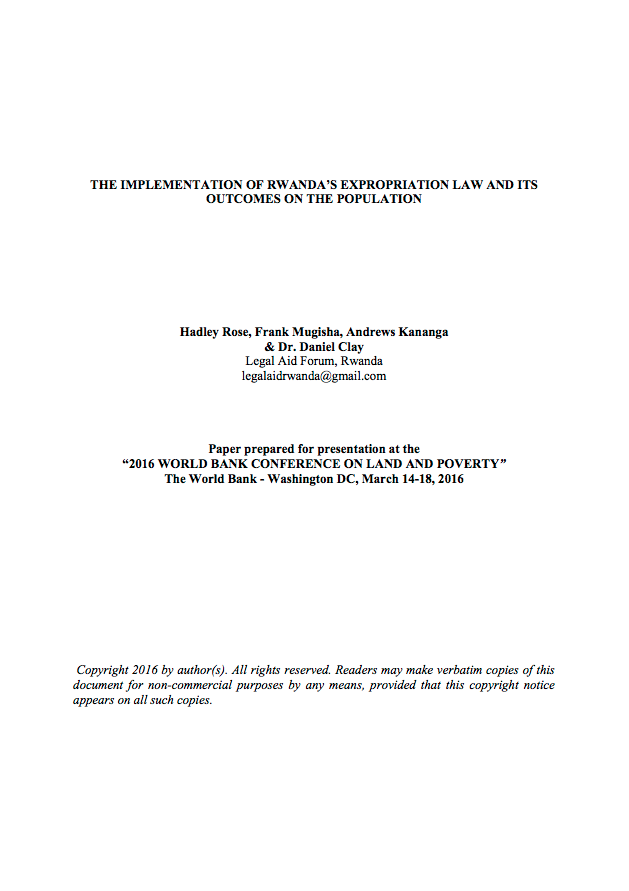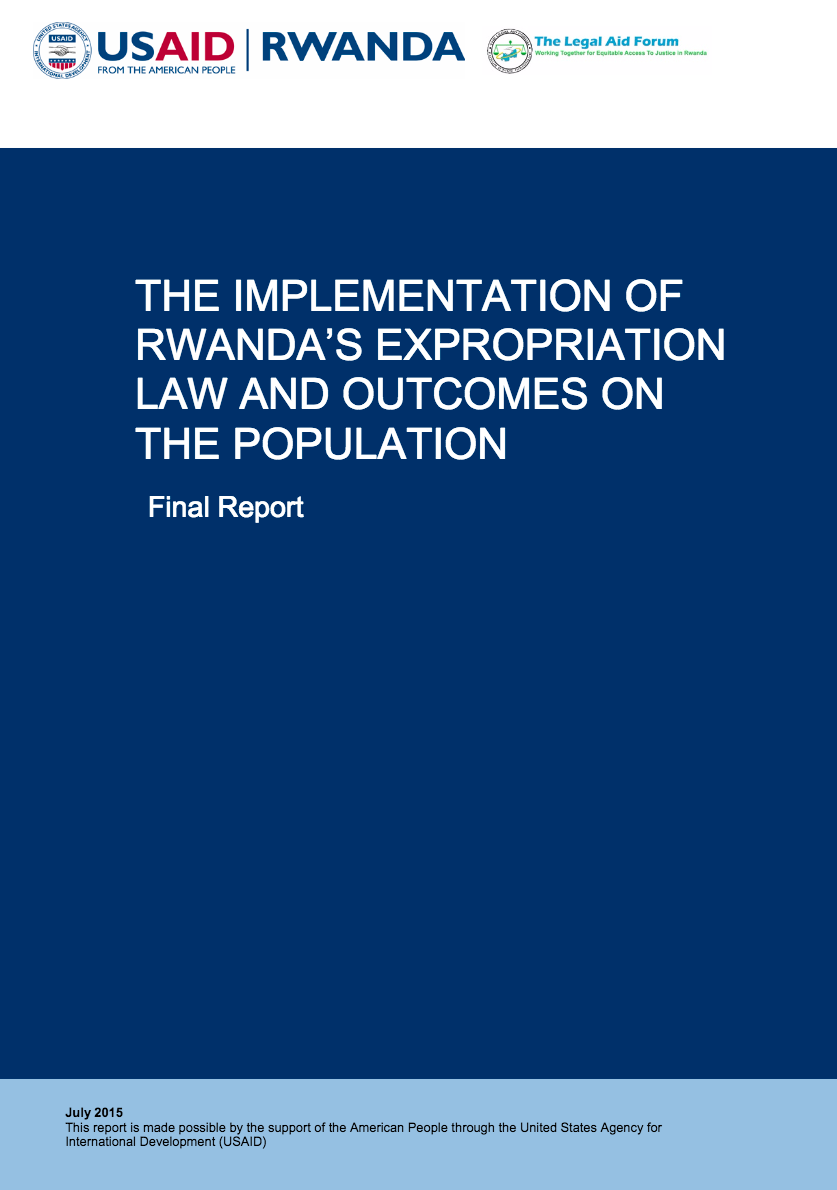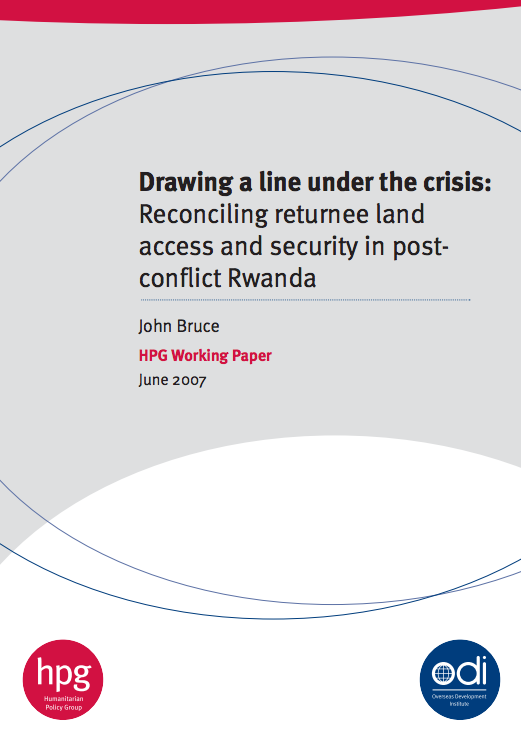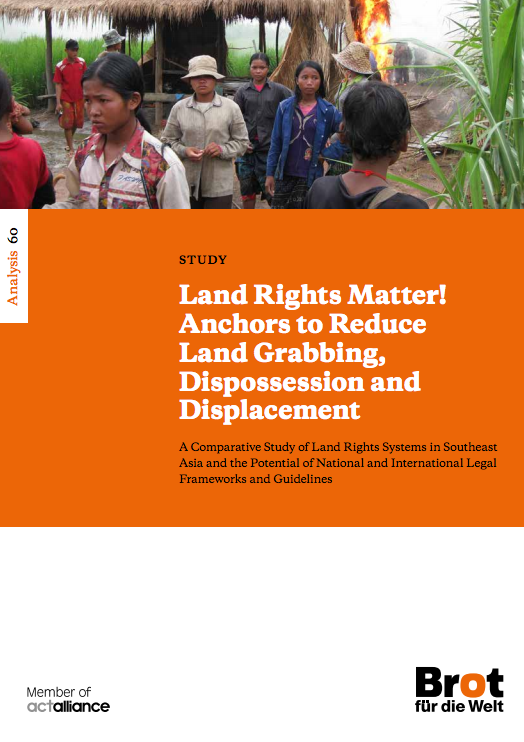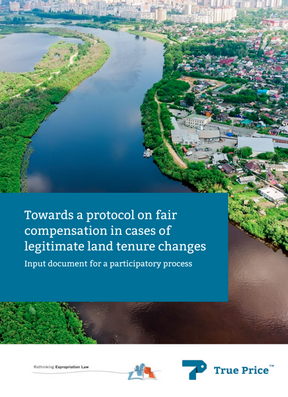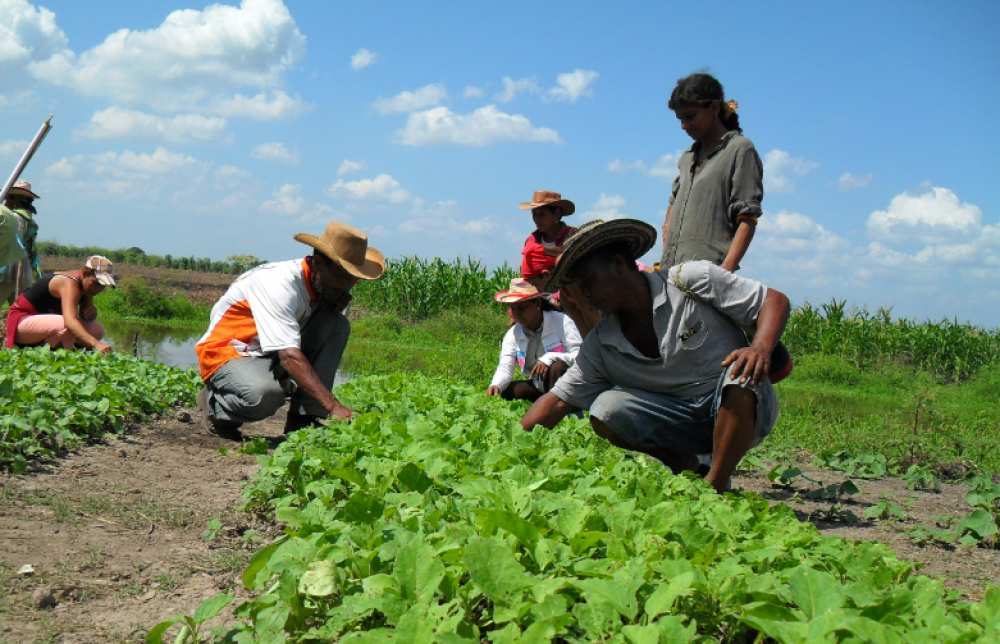Living in Limbo : Conflict-Induced Displacement in Europe and Central Asia
The objective of the study is to analyze
conflict-induced displacement from the point of view of
vulnerability, using a multifaceted definition of
vulnerability. As many as 10 million people have been
displaced by war in the Europe and Central Asia region since
1990. While many people have been able to return home,
approximately half remain displaced, with no available
avenues for sustainable reintegration. Currently, in five


